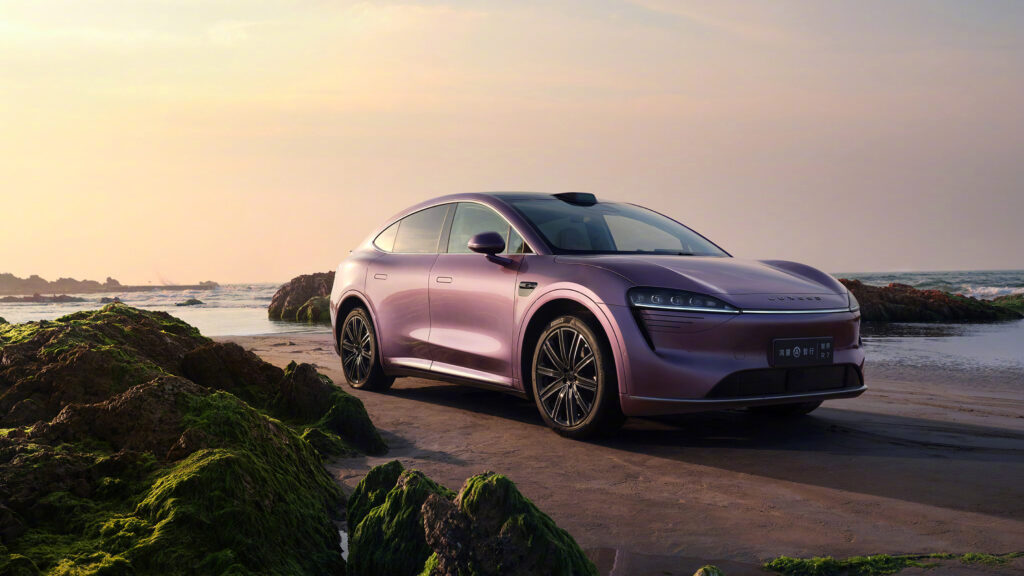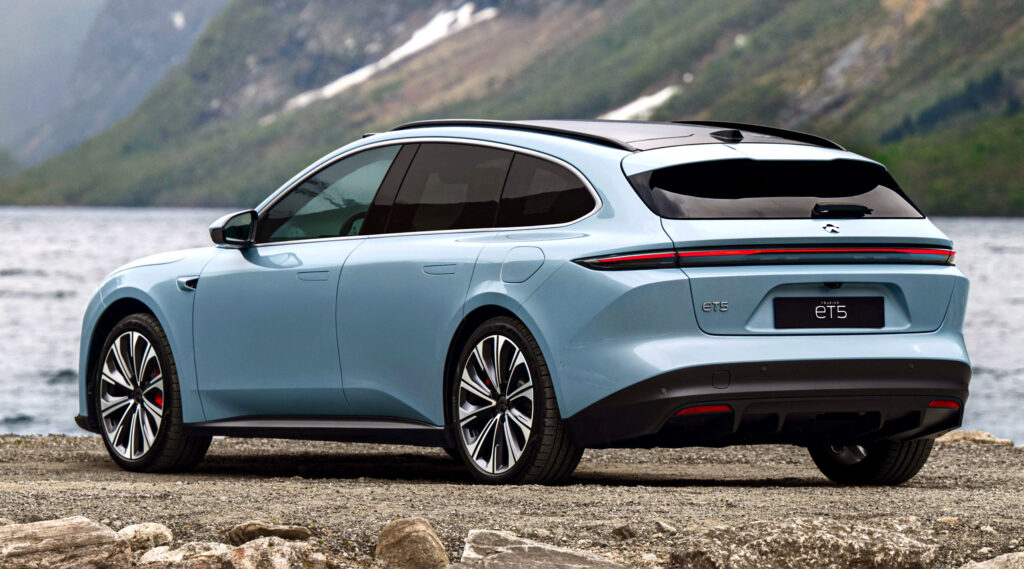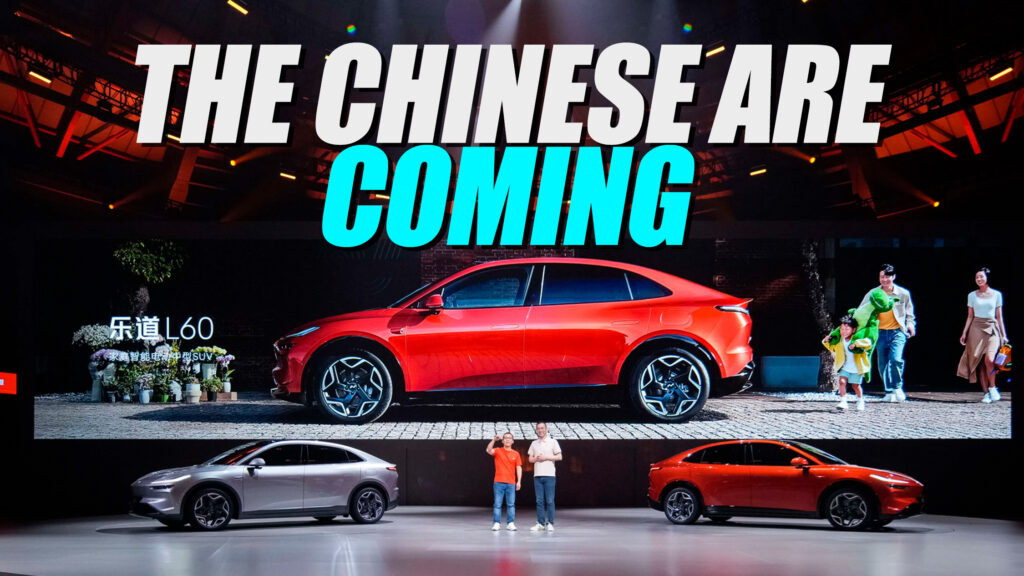- The European Union is expected to hit Chinese EVs with 20-30% tariffs.
- Automotive exports from the Asian country have slowed this year but that hasn’t discouraged the China Passenger Car Association.
- The association’s secretary general says that Chinese automakers “will develop in Europe and integrate into local markets”.
Electric vehicles made in China could soon be hit by hefty tariffs across Europe but according to the secretary general of a major Chinese auto industry association, this will not stop the spread of the nation’s compelling EVs.
The European Union is expected to soon announce tariffs on all Chinese EVs being imported into the region after launching an investigation into them last year, alleging they benefit from unfair state subsidies. These tariffs are expected to be between 20% and 30%.
Read: Why Europe’s Automakers Are Against EU Tariffs On Chinese EVs
Although such tariffs will increase the prices of Chinese EVs in Europe, the secretary general of the China Passenger Car Association, Cui Dongshu, appears unconcerned.
“Chinese enterprises will continue to unswervingly develop in Europe and integrate into local markets,” he said earlier this week. He also assured legacy carmakers that Chinese brands won’t try to disrupt employment across the local auto industry.
“The traditional carmaking industry plays a big part in generating employment in Europe… Chinese firms won’t take aggressive measures or low-pricing moves to disrupt the stability of employment in Europe.”

European tariffs will come at a bad time for Chinese carmakers. Exports of battery-electric vehicles and plug-in hybrids from China fell 4% year-on-year in May and were down 18.8% from April. New energy vehicles accounted for 24.8% of Chinese cars exported last month, a fall from 31.6% the year prior.
There’s been a slowdown in the local market too. In May, 1.72 million new cars were sold in China, a 2.2% decrease from May 2023, and following on from a disappointing April where sales slipped 5.8%. Although sales fell, the proportion of new cars sold that were NEVs jumped to 46.7%. Sales of battery-electric vehicles rose by 27.4% while plug-in hybrid sales jumped 61.1%, Reuters reports.




